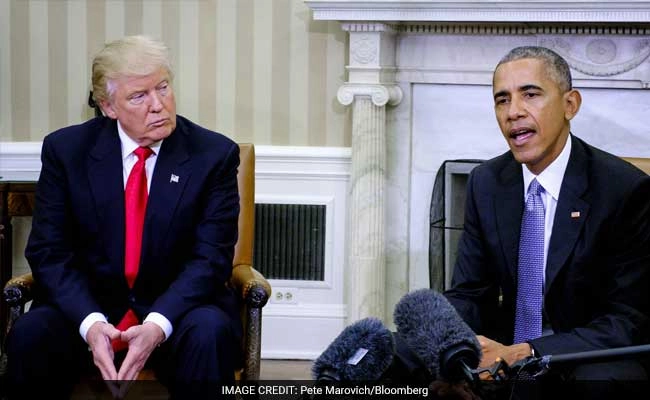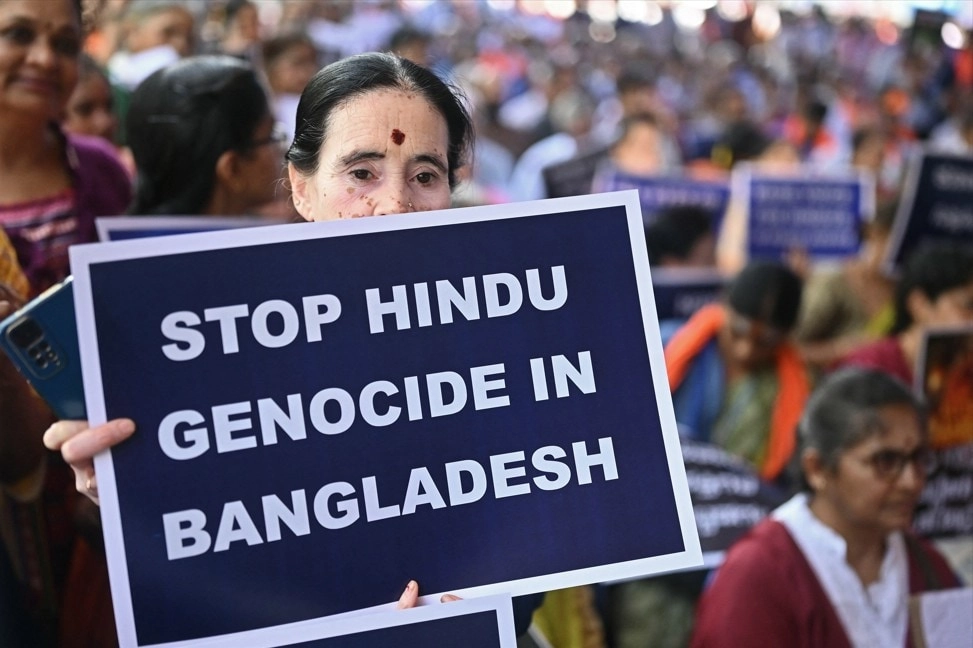In a recent statement, former President Donald Trump has leveled serious accusations against his predecessor, Barack Obama, alleging that Obama committed treason in connection with Russia’s interference in the 2016 presidential election. This assertion comes in light of a report detailing the extent of Russian involvement in the election process, which Trump claims was not only a national security issue but also a direct attack on American democracy. He argues that the Obama administration was aware of these activities yet failed to take adequate measures to protect the electoral integrity of the United States.
Trump’s comments have reignited a contentious debate about the actions taken by the Obama administration in response to Russian aggression during the election period. Critics of Obama argue that his administration’s response was insufficient, while supporters contend that Obama was constrained by the need to avoid escalating tensions with Russia and potentially influencing the election outcome. The former president’s critics assert that he should have acted more decisively to inform the American public and take preventive measures against foreign interference.
The allegations of treason are particularly provocative, as they suggest that Obama not only failed to act but actively compromised national security for political gain. Such claims underscore the deep divisions within American politics regarding accountability for foreign interference and the responsibilities of elected officials to safeguard the democratic process. Trump’s rhetoric emphasizes a narrative that positions him as a defender of American sovereignty, while also seeking to deflect scrutiny away from his own campaign and its interactions with Russian operatives during the election.
As the conversation around election integrity continues, these accusations may have significant implications for future political discourse. The dialogue surrounding foreign interference in elections, accountability for past actions, and the role of political leaders in safeguarding democracy remains pertinent. The complexity of these issues reflects broader themes of trust, governance, and the evolving landscape of international relations as nations grapple with the realities of cyber warfare and misinformation in the digital age.
Overall, Trump’s treason allegations against Obama serve to amplify existing tensions in American politics, highlighting the ongoing struggle to address the ramifications of foreign interference and the need for robust protections of democratic institutions. As the nation moves forward, the importance of accountability, transparency, and vigilance against external threats will be crucial for preserving the integrity of the electoral process and maintaining public confidence in democratic governance.




